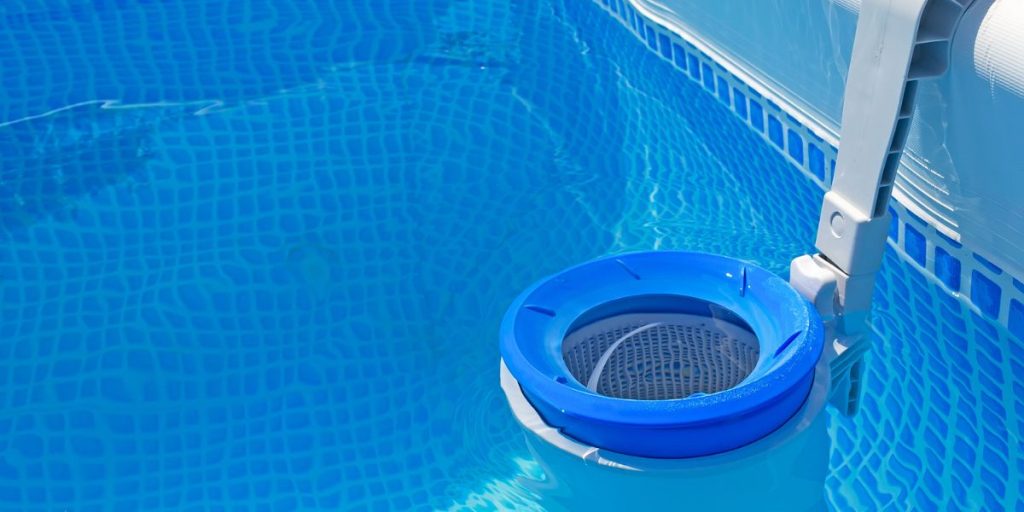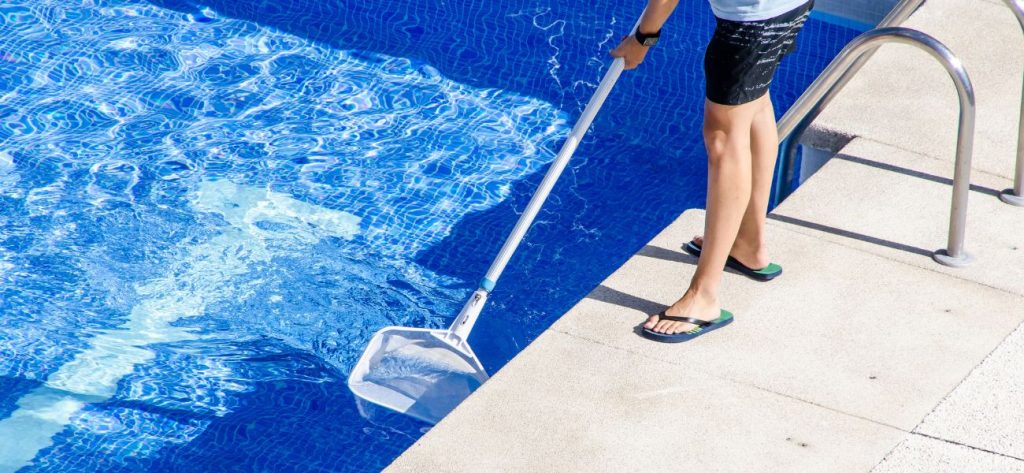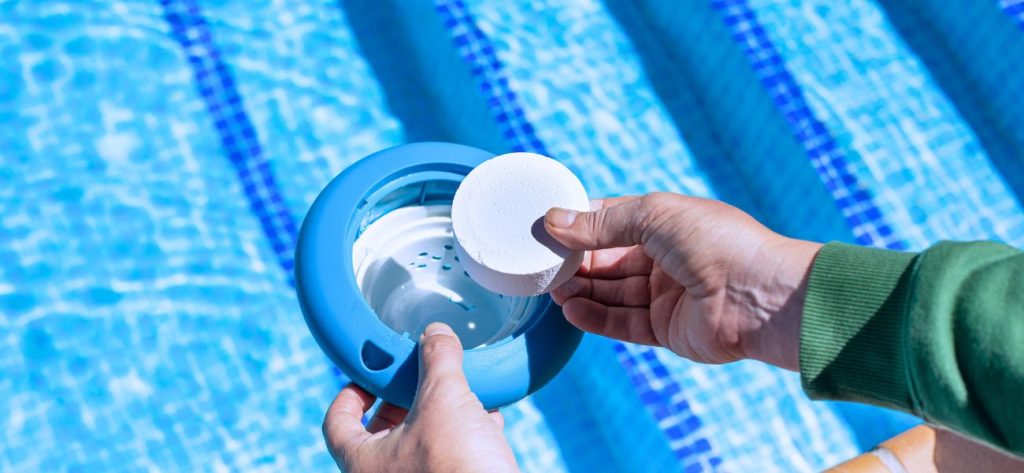Keeping pool water clean and crystal clear is a fundamental task for any owner. The filter is a key element in this process, as it is responsible for removing impurities and particles that cloud the water. There are different types of pool filters, each with its own characteristics, advantages, and disadvantages. In this article, we will analyze in detail the three most common types of filters: sand, cartridge, and DE (diatomaceous earth).
Sand filters: The most popular and economical option
Sand filters are the most commonly used in residential pools due to their low cost, ease of maintenance, and efficiency in removing medium-sized particles (20-40 microns).
How they work: Pool water passes through a bed of sand, where particles are trapped. Periodically, backwashing is performed to clean the sand and remove accumulated dirt.
Advantages:
- Economical: They are the cheapest filters on the market.
- Easy maintenance: Backwashing is quick and easy.
- Durability: Sand can last for several years before needing to be replaced.
Cons:
- Lower filtration capacity: They do not remove particles as small as other types of filters.
- Higher water consumption: Backwashing requires a considerable amount of water.
Cartridge filters: higher efficiency and lower maintenance
Cartridge filters offer a higher quality of filtration than sand filters, as they can retain particles as small as 10-20 microns. They are also easier to maintain and require less water than sand filters.
How they work: Pool water passes through a filter cartridge that retains impurities. Periodically, the cartridge must be cleaned or replaced.
Advantages:
- Higher filtration capacity: They remove smaller particles than sand filters.
- Lower water consumption: They do not require backwashing.
- Simple maintenance: Cleaning or replacing the cartridge is quick and easy.
Disadvantages:
- Higher initial cost: They are more expensive than sand filters.
- Shorter durability: The cartridge must be replaced more frequently than the sand.
DE filters: the most efficient option for crystal-clear water
Diatomaceous earth (DE) filters are the most efficient on the market, as they can retain particles of up to 1-5 microns, leaving the pool water crystal-clear. However, their initial cost and maintenance are higher than other types of filters.
How it works: The pool water passes through a layer of diatomaceous earth, a porous material that retains impurities. Periodically, a backwash is performed to clean the diatomaceous earth.
Advantages:
- Maximum filtration quality: They eliminate very small particles, leaving the water crystal-clear.
- Greater efficiency: They require less filtration time than other types of filters.
Disadvantages:
- Higher initial cost: They are the most expensive filters on the market.
- More complex maintenance: They require more frequent and careful backwashing.
What is the ideal filter for your pool?
Choosing the ideal filter for your pool will depend on several factors, such as the size of the pool, the budget, the desired filtration quality and the time available for maintenance.
- If you are looking for an economical and easy-to-maintain option, the sand filter may be a good choice.
- If you prioritize filtration quality and convenience, the cartridge filter may be the best option.
- If you want the highest filtration quality and don’t mind the cost, the DE filter is the ideal option.
In any case, it is important to consult a professional to advise you on the type of filter most suitable for your pool and provide you with recommendations on its installation and maintenance.
Remember that proper filter maintenance is essential to ensure the cleanliness and healthiness of your pool water. Perform backwashing or cartridge cleaning according to the manufacturer’s recommendations and periodically check the condition of the filter components.
Contact us for advice and to keep your pool clean and well maintained.



